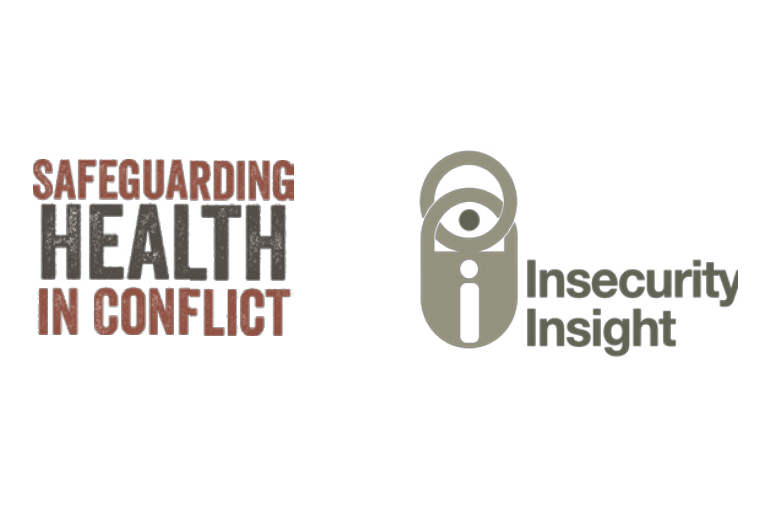Five years after the United Nations (UN) Security Council passed a landmark resolution committing countries to prevent attacks on health care and hold perpetrators accountable, violence against health workers and facilities rages on unabated.
A new report (available on the left) and interactive map published by the Safeguarding Health in Conflict Coalition (SHCC), based on data collated by coalition member Insecurity Insight, highlights a global onslaught of violence against health workers, facilities, and transport from 2016 through 2020, including:
- 4,094 reported attacks and threats against health care in conflict
- 1,524 health workers injured
- 681 health workers killed
- 401 health workers kidnapped
- 978 incidents where health facilities were destroyed or damaged
The figures – drawn from credible media reports as well as reporting by intergovernmental organisations, states, non-governmental organisations, and aid agencies – is likely a significant undercount, due to underreporting in many places around the world.
On May 3, 2016, the UN Security Council unanimously adopted Resolution 2286, which obliged Member States to take specific actions to end – or at least ameliorate – violence against health care. The SHCC report published today provides a review of violence against health care from 2016-2020 and of the inaction of governments to effectively respond to the crisis.
The data underscore the abject failure of the UN Security Council and UN Member States to take any meaningful measures to prevent attacks or hold those responsible to account.
